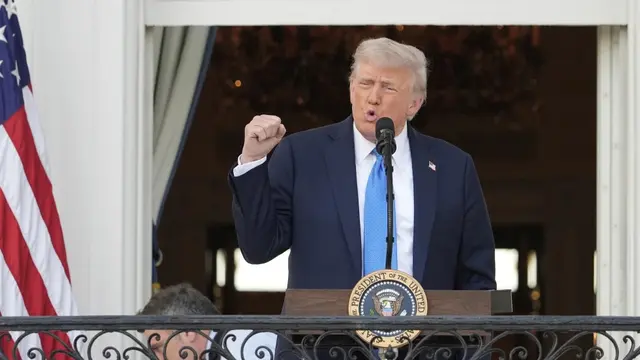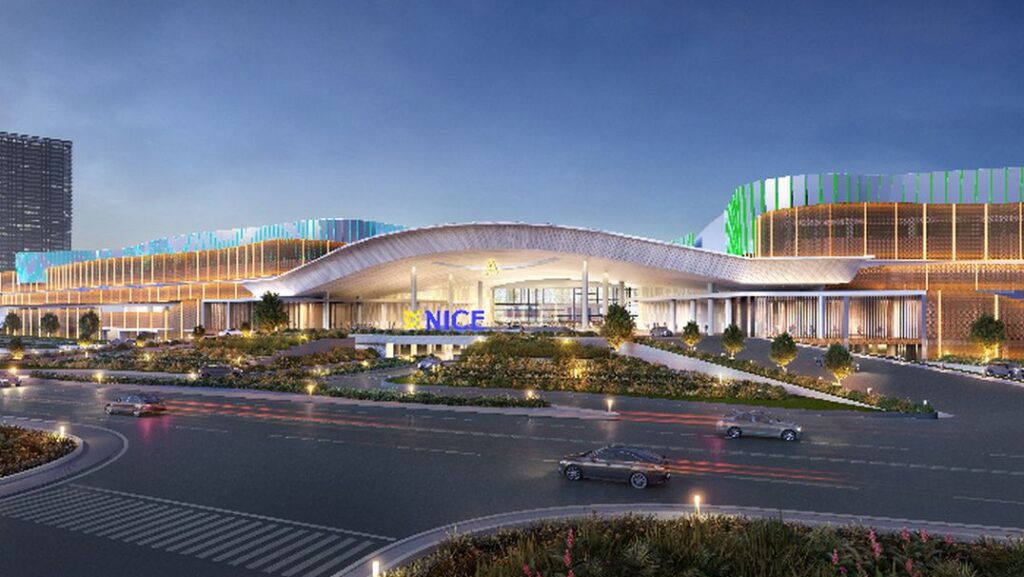Islamabad / Washington D.C.
In a bold and politically charged statement released on June 21, 2025, the Government of Pakistan officially nominated former U.S. President Donald J. Trump for the 2026 Nobel Peace Prize. The nomination, published via X (formerly Twitter), credits Trump with defusing a volatile standoff between nuclear-armed rivals India and Pakistan, averting what Islamabad claims could have been a full-scale war.
Pakistan’s statement accuses India of “unprovoked aggression” and praises Trump for his “brilliant statesmanship” and “strategic insight” in securing a ceasefire amid Operation Bunyanum Marsoos, Pakistan’s military response to the crisis.
“In the face of imminent regional catastrophe,” the release reads, “President Trump engaged both Islamabad and New Delhi with intense diplomacy, facilitating de-escalation and restoring regional equilibrium.”
The U.S. intervention, though not fully disclosed in official transcripts, reportedly involved direct hotline diplomacy and backchannel negotiations—moves that Pakistan argues prevented large-scale civilian casualties and regional instability.
The Indian government, however, has firmly denied any role by Trump in halting hostilities, calling Pakistan’s claims “misleading political theater.” Delhi maintains that the ceasefire followed bilateral military and diplomatic engagements—not third-party arbitration.
Kashmir at the Core
The nomination further stirred geopolitical tensions by citing Trump’s expressed willingness to mediate the Kashmir dispute, calling it a “linchpin issue” in South Asia’s instability. The Pakistani government lauded his intent to implement UN Security Council resolutions regarding the region, a stance India considers an infringement on its sovereignty.
While Trump has made similar mediation offers during his presidency, most were dismissed by India. However, his renewed engagement—backed by informal diplomatic outreach—appears to have regained traction with Islamabad’s current administration.
Military Optics and Political Motives
The timing of the nomination is critical. Pakistan’s Army Chief General Asim Munir met with Trump at the White House earlier this week, followed by Prime Minister Shehbaz Sharif’s call with U.S. Secretary of State Marco Rubio. The discussions revolved around Iran-Israel tensions, counterterrorism cooperation, and Pakistan’s potential role as a regional peace broker.
Some analysts suggest the move to nominate Trump reflects a strategic recalibration by Islamabad. With economic pressures mounting and geopolitical landscapes shifting, Pakistan appears to be realigning its narrative diplomacy—positioning itself not just as a security partner, but as a responsible stabilizer in volatile regions.
Critics, however, argue the nomination is politically opportunistic. With Trump currently campaigning for a potential return to the White House, the endorsement by a Muslim-majority state—long criticized by U.S. conservatives—may be designed to curry favor or secure strategic dividends under a possible second Trump presidency.
From Nobel Talk to Nuclear Flashpoints
What’s clear is that South Asia remains a high-stakes theater, with multiple unresolved conflicts and fragile diplomatic ties. While Trump’s defenders champion his unconventional diplomacy, critics caution against oversimplifying complex, decades-old disputes as singular peacekeeping victories.
Even within Pakistan, the Nobel nomination has drawn mixed reactions, with civil society questioning whether glorifying foreign leaders dilutes the domestic need for sustainable democratic governance and independent conflict resolution.
If accepted for consideration, Trump’s nomination will enter an already polarizing field—where global peace efforts are scrutinized against rising nationalism, regional militarization, and the resurgence of strongman diplomacy.
In a world rife with geopolitical friction, the question remains: Is peace a product of personality—or policy?






